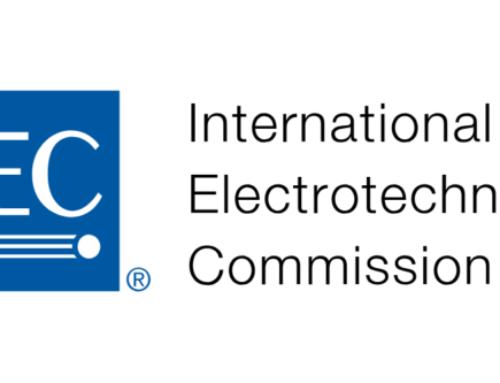On 15 December 2020, the Ministry of Ecology and Environment released the Measures for the Administration of Eco-Environmental Standards, which will come into effect on 1 February 2020.
Background
The Measures can be seen as an upgraded and integrated version of: (i) the Measures for the Administration of Environmental Standards (Decree No. 3 of the State Environmental Protection Administration), and (ii) the Measures for the Administration of Filing Local Environmental Quality Standards and Pollution Emission Standards (Decree No. 9 of the Ministry of Environmental Protection). Both Decree No. 3 and Decree No. 9, although they played an important role in guiding and standardising the development of eco-environmental standards, are no longer suitable for the new environmental management requirements introduced by recent environmental protection laws and regulations, such as the new Environmental Protection Law and the new Standardisation Law.
Impact
The Measures feature four main highlights, namely they:
- Improve the classification and systems of eco-environmental standards;
- Clarify the role, development principles and implementation rules of various eco-environmental standards;
- Stipulate new requirements for the development and filing of local standards; and
- Put strong emphasis on the implementation and evaluation of standards. This point aims to guide more effectively the formulation, revision and implementation of eco-environmental standards.
Positioning
The Measures are the main reference and guiding document for China’s eco-environmental standards. They specify the composition of the eco-environmental standards system, the principles and basic requirements for the development of various standards and their implementation methods, the management requirements for local eco-environmental standards, as well as the general requirements for the implementation and evaluation of standards and information disclosure.
The implementation of the Measures is supported by the Working Rules for the Development and Revision of Eco-Environmental Standards, issued in December 2020. The Working Rules are the special management regulation for the development and revision of national eco-environmental standards. They stipulate the basic principles, division of responsibilities, working procedures and requirements for the revision of national eco-environmental standards, as well as work quality, progress management and punishment measures.
Content
The Measures consist of 54 articles, grouped in 10 chapters, which can in turn be divided into four sections: (i) general provisions; (ii) roles and positioning of various standards, and their management requirements; (iii) management requirements of local standards; and (iv) implementation evaluation of standards, and other provisions.
Among these, the second section illustrates in detail the role and management requirements for six types of standards, namely: eco-environment quality standards; eco-environment risk control standards; pollutant discharge standards; eco-environment monitoring standards; eco-environment basic standards; and eco-environment management technical standards.
Improvements
The Measures brought several improvements to the previous legislation, especially as they:
- Further improve the standards system and classification. The category of “eco-environmental risk control standards” has now been added; while other relevant standards such as soil pollution risk control, response to climate change, and marine eco-environmental protection, have now been included within the eco-environmental standards system.
- Adjust and clarify the role, developing principles and basic content requirements of the six types of eco-environmental standards and their developing principles. In particular, the positioning, distinction and application scope of the emission standards for different types of pollutants are now more specific and clear.
- Further clarify the requirements relating to the implementation of standards. Specifically, the Measures stipulate that a supporting work plan for the implementation of the standards should be formulated before the release of the emission standards, so that effective implementation can be ensured.
- Strengthen guidance for local eco-environmental standards. Specifically, the Measures stipulate (i) the circumstances under which local emission standards should be developed, and (ii) the basic principles for the development of local standards. At the same time, the Measures further standardise several management and procedural requirements, such as for the filing of local standards.
- Increase the evaluation and information disclosure requirements for standard implementation. In order to give full play to the role of standards in environmental governance, and to optimise economic development, new provisions on information disclosure of standards have also been added.
The Chinese version of the Measures can be found on the website of the Ministry of Ecology and Environment:
http://www.mee.gov.cn/xxgk2018/xxgk/xxgk02/202012/t20201218_813921.html




